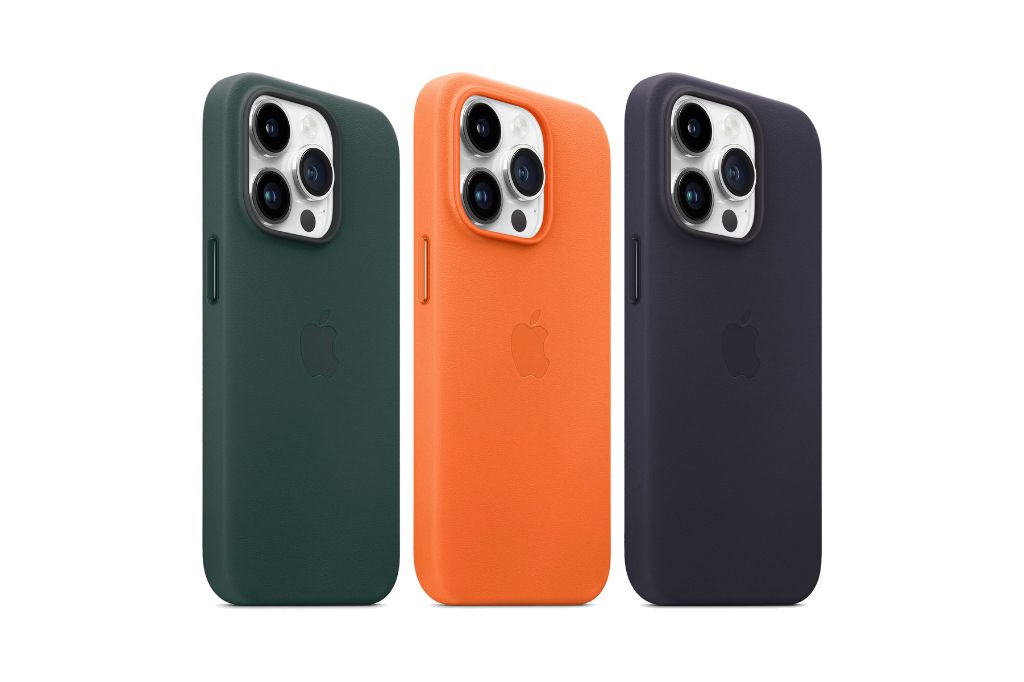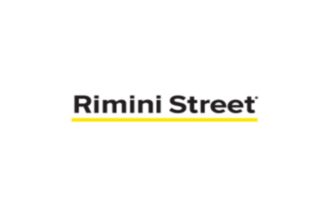In a move that underscores its commitment to sustainability, Apple is reportedly planning to replace its premium leather iPhone cases with woven nylon alternatives. This eco-conscious decision is part of Apple’s broader strategy to become carbon-neutral by 2030 and comes on the heels of other significant announcements, such as new color options and a titanium chassis for the iPhone 15 series.
Key Highlights:
- Woven Nylon Cases: Apple is replacing leather with woven nylon for its iPhone 15 cases.
- Sustainability Goals: The move aligns with Apple’s aim to be carbon-neutral by 2030.
- Consumer Impact: How will this change affect consumer perception and preferences?
- Market Influence: Could Apple’s decision set a new trend in the smartphone accessory market?
A Sustainable Shift
Apple has long been a trendsetter in the tech industry, and its latest decision to opt for woven nylon over leather is no exception. This change is not just a design choice but a statement of intent, aligning with the company’s ambitious goal to reduce its carbon footprint. Woven nylon, unlike leather, results in a smaller environmental impact, making it a win-win for both Apple and eco-conscious consumers.
The End of an Era
Since the introduction of the iPhone 5s, Apple has offered leather cases that have been lauded for their premium feel and durability. However, the switch to woven nylon marks the end of a decade-long era. The new material is similar to the woven-nylon bands Apple has designed for its Apple Watch, and it’s expected to offer a unique tactile experience.
Consumer Reactions
Leather has always been synonymous with luxury, and some consumers may be hesitant to embrace this change. However, the growing awareness about sustainability and the environmental impact of consumer choices could make this a welcome shift. The Asia-Pacific market, known for its openness to innovation, will be a key region to watch as Apple rolls out its new line of cases.
Setting a New Trend?
Apple’s influence in the tech world is undeniable, and its decisions often set trends that other companies follow. With this move, Apple could be paving the way for a more sustainable smartphone accessory market. It remains to be seen how competitors will respond, but it’s clear that Apple is leading by example.
Conclusion
Apple’s decision to replace leather cases with woven nylon for the iPhone 15 series is a significant step towards sustainability. While this move may divide consumer opinion, it aligns perfectly with the company’s environmental goals and could set a new standard in the industry. As the tech world awaits the official launch of the iPhone 15, one thing is clear: Apple is committed to innovation that is not just technologically advanced but also environmentally responsible.

















